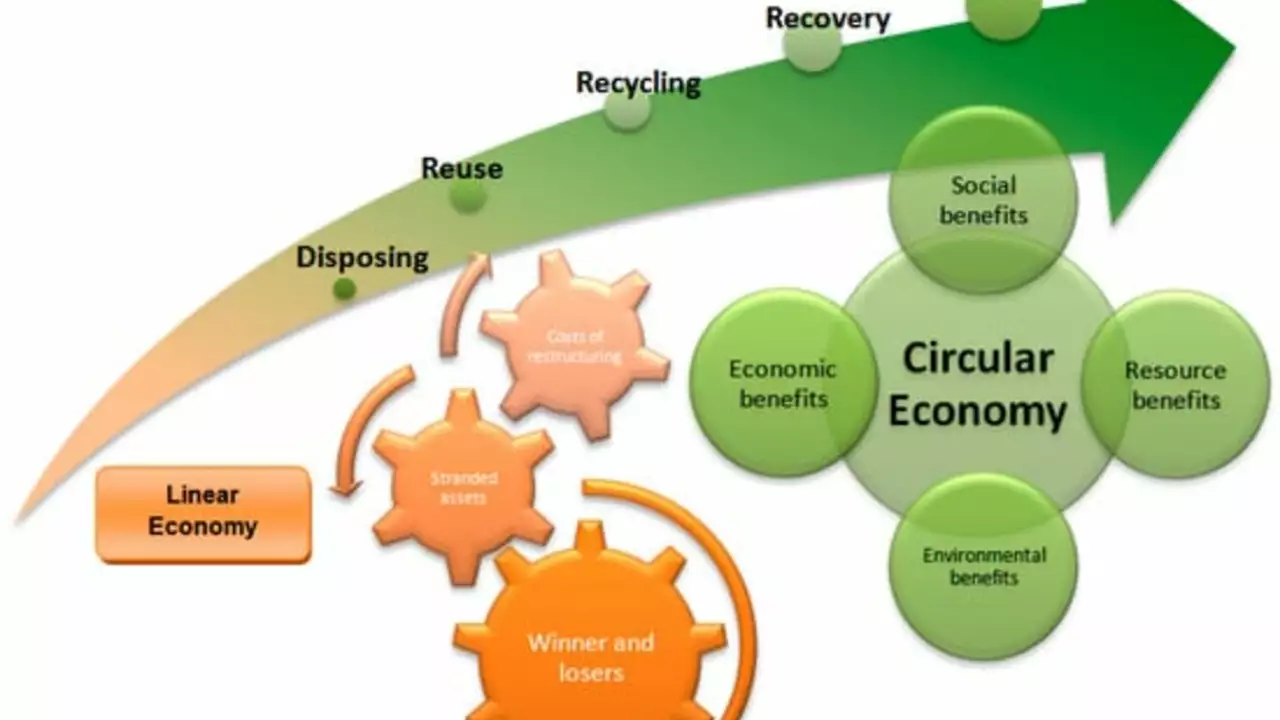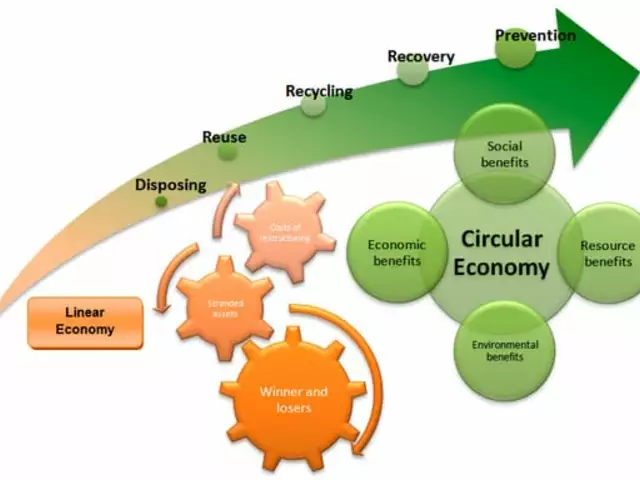Is free health care good for the economy?
Understanding the Concept of Free Health Care
Before we delve into the impact of free health care on the economy, it’s important to first understand what free health care entails. By definition, free health care means that all residents of a country are entitled to health services, regardless of their ability to pay. The government, through the taxes collected from citizens, fully funds these services. This system is in place in several countries around the world, including the United Kingdom and Canada.
The Economic Implications of Free Health Care
Like any other economic policy, free health care has both positive and negative implications. On the positive side, it can lead to a healthier population. This, in turn, can lead to increased productivity as healthy individuals are likely to be more productive at work. Additionally, free health care can reduce the financial burden on low-income households, thus reducing income inequality. However, on the downside, free health care can lead to increased government spending and potentially higher taxes.
Free Health Care and Economic Productivity
Productivity is a critical factor for economic growth. A healthier population is likely to be more productive, thus contributing significantly to the economy. When people are healthy, they can work better, longer, and more efficiently. This can lead to an increase in economic output. Additionally, a healthier population means fewer sick days, which can also boost productivity.
The Impact of Free Health Care on Income Inequality
Income inequality is a significant issue in many societies. Free health care can play a vital role in reducing this inequality. It can ensure that low-income households have access to the same level of care as high-income households. This can help to level the playing field and reduce the gap between the rich and the poor. Furthermore, reducing income inequality can lead to a more stable society, which is beneficial for the economy.
Free Health Care and Government Spending
On the flip side, free health care can lead to a significant increase in government spending. Health care is expensive, and funding it can strain the government's budget. This can lead to increased taxes or cuts in other areas of government spending. This is a major concern for many economists and policymakers.
Taxes and Free Health Care
One of the ways the government funds free health care is through taxes. This means that citizens may have to pay higher taxes to support free health care. While this could lead to better health outcomes for the population, it may also be a burden for some, especially those in the middle and lower income brackets. The debate on whether the benefits outweigh the costs continues.
Comparing Free Health Care Systems Around the World
Free health care systems vary significantly from one country to another. In some countries, like the United Kingdom, the government fully funds health care through taxes. In others, like Canada, the government funds a significant portion, but not all, of health care costs. Understanding these differences can provide valuable insights into the economic implications of free health care.
Conclusion: Is Free Health Care Good for the Economy?
In conclusion, whether free health care is good for the economy is a complex issue. There are clear benefits, such as increased productivity and reduced income inequality. However, there are also significant concerns, including increased government spending and potentially higher taxes. The answer may depend on a variety of factors, including the specific health care system in place and the overall economic context of the country.







